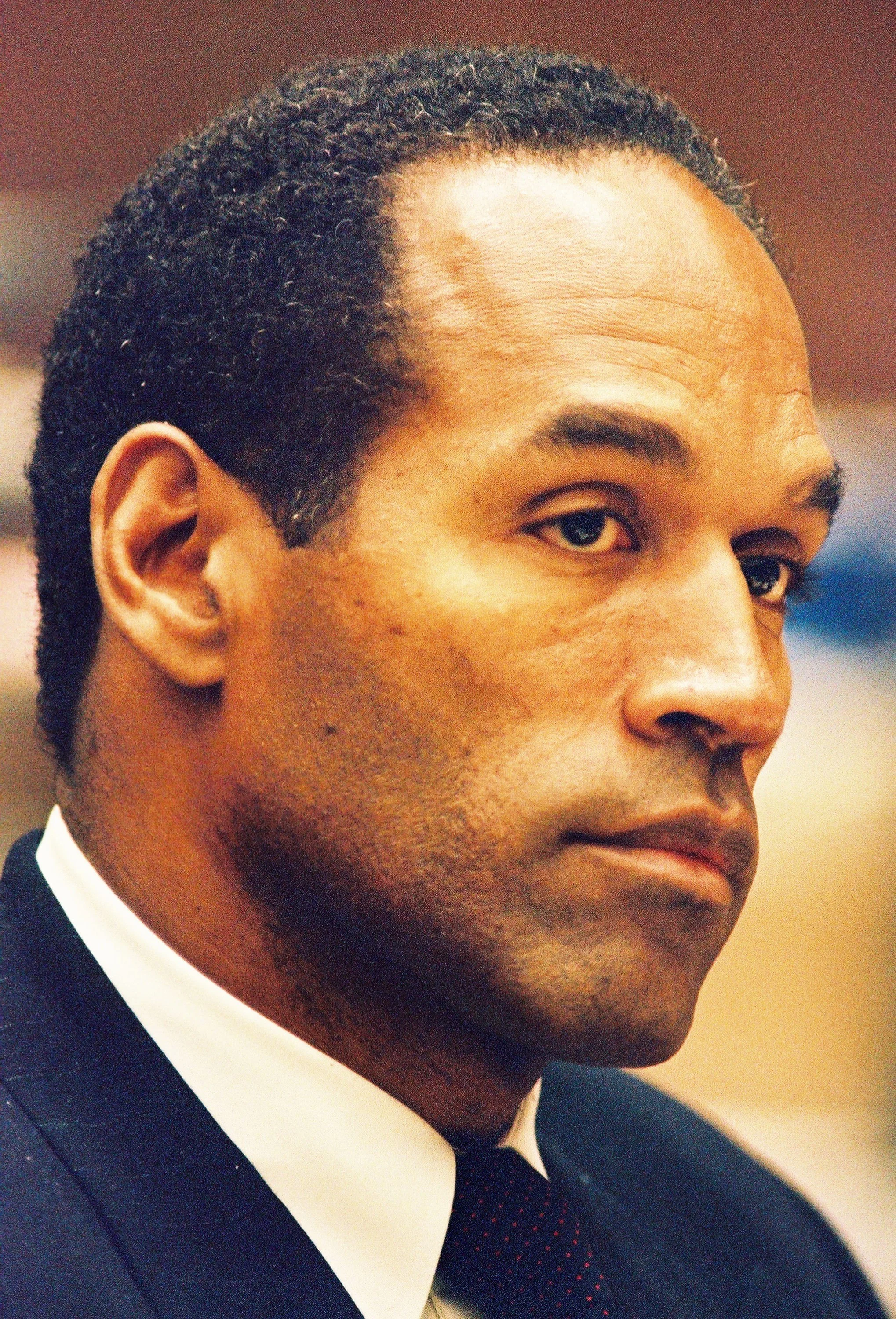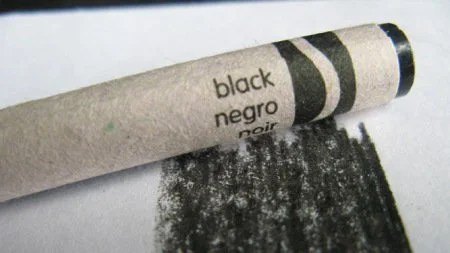Dear Carrie Mae Weems,
Art is a scam, and I love it
I posted a black screen
Oh lord, I thought it would help me
I posted a black screen
Oh lord help me
Do I go home where I gotta be?
Or home where I wanna be?
SANNAH
A couple days go past
And I still don’t know where I wanna be
They tell me God’s a Man/And if he is I don’t wanna be his friend/ Always telling me I’m born a sin /Making me feel like I got shit to prove/
Excuse me for my fucking words/ I’m living with a lack of verb/ Living without being heard/ Makes a nigga not even wanna use his words
And a lotta time, I wonder if someone can feel my pain. But what is it I’m looking for? Sympathy, human connection, respect, love, or accountability. In all honesty, it was the search for the acknowledgment of my humanity. Always looking for validation meanwhile losing myself, especially when I search for me in you.
As if I only matter when I matter to you.
If only you could really see the truth, you’d see a nigga who lives through you.
STUCK BETWEEN
“BEING” BLACK AND BEING OJ
United States Government Representative: “My amendment has nothing to do with whether or not colored people or black people or anybody can serve.”How do I get people to see me?
Do I even want people to see me?
Yeah,
ima do what I want now
But, I Ain’t Mad At ChaI am Giovanie, an African-American who no longer labels himself “Black”. I am a human, and Black is a color. This is not an essay about identification, but rather a body of work that offers to share the insignificance of identifying. As a child, the concept of being “Black” was strange. I was a brown skin boy, how could I possibly be Black? I remember looking at my skin as a youth and holding that very same question. Even as a child, I was aware that black was a color. According to Oxford Languages, “Black” is defined as, “of the very darkest color owing to the absence of or complete absorption of light; the opposite of white.”. By definition, I am not black. I am a person. The action of being labeled bothered me at 6, but because everyone around me accepted the construct of being colored, I accepted America’s classification of identifying as a color. At that moment I was no longer Giovanie who had brown colored skin, but now the black kid. At 22 I hold the same frustration I held from age 6. Being labeled bothers me. Being mislabeled bothers me even more, and for 16 years I let it be. For 16 years I accepted my (mis)labeling.
The idea of “being” Black stems from the creation of a Racial Construct. An unnatural construct built by man. Except, this man wasn’t Black, he was a Eurocentric man. A man hungry for power, who viewed Africans as nothing more than a source of profit. “Black” is a word to define a person of African heritage. This source of language erupted during The Atlantic Slave Trade. A period in time when Africans were traded off to the hands of Europeans. In exchange for metals, cloth, beads, guns, ammunition, and other goods, Europeans were able to enslave captive Africans and bring them to the Americas where they were forced into a life of labor. From this point on Europeans no longer took control of Africans, they took control of profit margins. In the mind of an Aryan, there was no space to recognize an African. With a mind filled with lust for riches, Africans were no longer distinguished for their heritage and history, but by only what could be perceived visually… by their skin. Africans now became “Black”, and were no longer recognized as human. Nor were Africans treated as such. This was evident nearly immediately when the slave ships loaded for their voyage across the sea.
African Writer Olaudah Equiano scripts his personal enslavement experience upon boarding a slave ship in his memoir, The Interesting Narrative of the Life of Olaudah Equiano. As Equiano describes his experiences being lowered to the chambers of a slave ship, he writes:
I was soon put down under the decks, and there I received such a salutation in my nostrils as I had never experienced in my life; so that with the loathsomeness of the stench, and crying together, I became so sick and low that I was not able to eat, nor had I the least desire to taste any thing. I now wished for the last friend, Death, to relieve me… The closeness of the place, and the heat of the climate, added to the number in the ship, which was so crowded that each had scarcely room to turn himself, almost suffocating us. This produced copious perspirations, so that the air soon became unfit for respiration, from a variety of loathsome smells, and brought on a sickness among the slaves, of which many died, thus falling victims to the improvident avarice, as I may call it, of their purchasers. This wretched situation was again aggravated by the galling of the chains, now become insupportable; and the filth of the necessary tubs, into which the children often fell, and were almost suffocated. The shrieks of the women, and the groans of the dying, rendered the whole a scene of horror almost inconceivable.
This inhumane imprisonment of Africans was only the preface of what would occur for the next 400+ years in the Americas. Olaudah Equiano’s treacherous experience on the slave ships reins to be the same story for millions of other Africans both before and after his time. As the ships sailed off the identity of millions were left at shore. Africans converted into “Blacks”, then turned to be used as equipment on foreign land against their will.
The Atlantic Slave trade birthed the Racial Construct, creating the “descriptive” term “Black”. The people who Europeans deemed “Black”, were never slaves. They were Africans, who went through Slavery. The issue with being “Black” is perception overpowering a person. Although times have changed, I in 2023, am still perceived in the same ways as my ancestors who spent time in bondage. When I’m seen, I’m not Giovanie, I’m the “Black” kid. Is history once again repeating itself, or has the world never changed? Every day, I’m called “Nigger” and “Negro”, but because it’s translated from Latin and Spanish to English, it leaves people thinking it’s okay. I knew at 6, I wasn’t Black. America is 246 years old and the Earth is over 4 Billion years old, yet in my 22 years, hardly anyone has recognized me for me. Or simply the fact that people aren’t colors. Ironically, we know not to identify Native Americans, and Asians as colors. But for some reason, people just don’t care about “Blacks”. Even more ironically, I don’t care to be Black anymore. Because I never was. We never were. We only were perceived to be, by people who ignored our humanity.
I ask one question to the brothers and sisters of pain who embrace the beautiful culture we were forced to create. Who are you? I now dare you to think whether you developed that answer based on who you are or what you are perceived to be. Growing up I was raised in a stigma where there was a shame to be African. As kids, we learned to make demeaning jokes to one another using the term “African Booty Scratcher”. As youths, society told us we were Black, negating us from knowing what we truly are, and never allowing us to be ourselves. African. To identify is to let your inner soul die in an act to be seen by the eyes of those who would never accept the natural essence of yourself. I am Giovanie, an African-American. Not a descendant of slavery, but a descendant of Africa. This essay was not about race.

